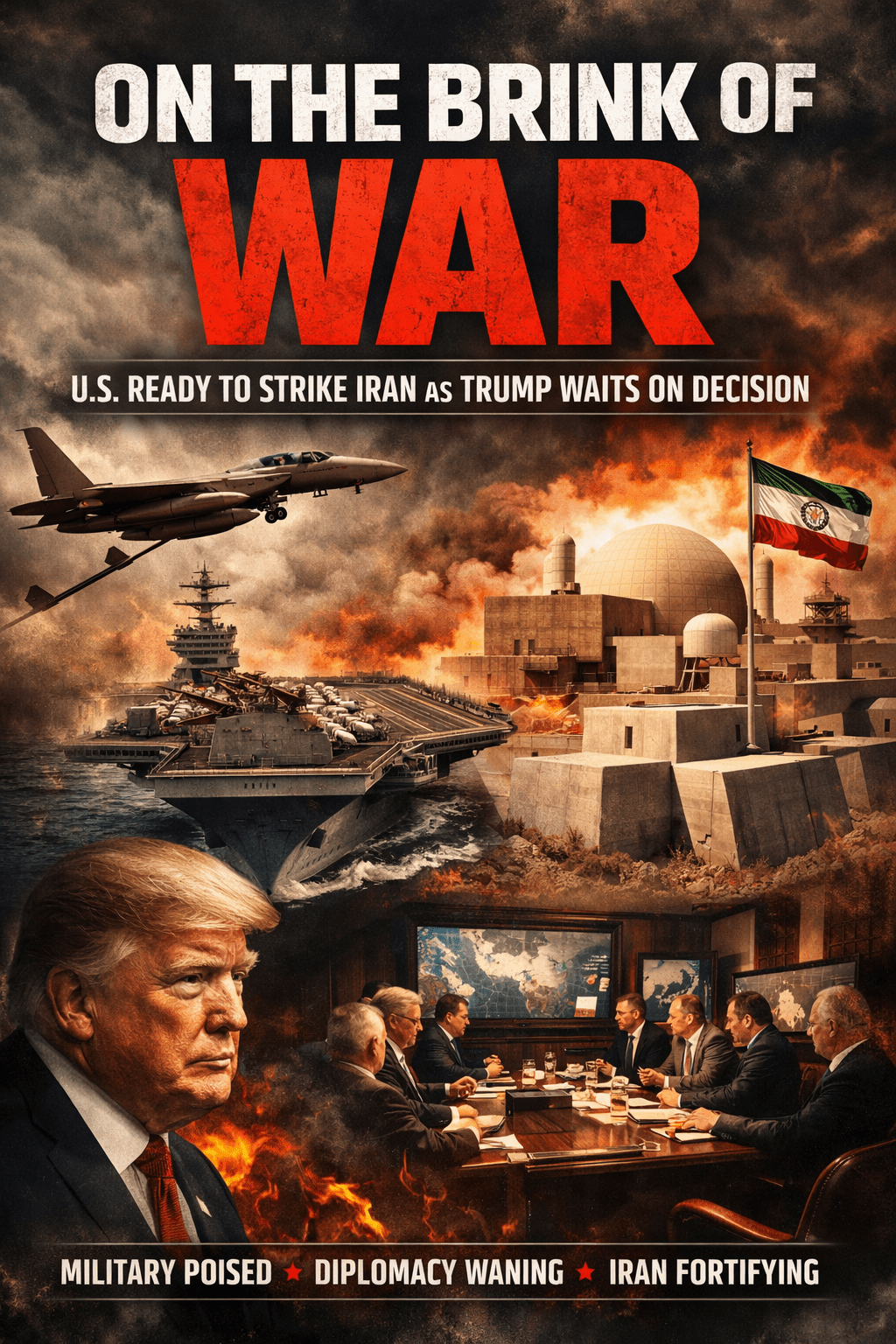Zohran Kwame Mamdani’s rapid rise to the top of New York City politics has stunned even seasoned observers. At just 34, the self-described Democratic Socialist rode a wave of populist enthusiasm and disillusionment with establishment politics to claim the mayoralty. His campaign—built on promises of sweeping economic reforms—has ignited both admiration and alarm. To supporters, he represents bold change. To critics, he is an idealist playing with the levers of a complex metropolis.
Grand Promises, Uncertain Economics
Mamdani’s platform reads like a progressive wish list: rent freezes, free childcare, fare-free public transit, and city-owned grocery stores. While appealing in theory, economists warn these proposals could strain a city already struggling with debt, inflation, and high living costs.
His proposed $30 minimum wage and expanded welfare programs raise questions about sustainability. Can New York afford such generosity, or will it end up driving away businesses and taxpayers already burdened by some of the highest costs in the country?
The Radical Edge: Conviction or Chaos?
As a state assemblymember, Mamdani built his brand on confrontation. He has attacked police institutions, defended controversial international movements, and repeatedly courted outrage with uncompromising rhetoric.
While his allies hail this as moral clarity, detractors see recklessness. His calls to “defund” the NYPD and his dismissive tone toward law enforcement alienate moderates and first responders alike. Even fellow Democrats privately express concern that his brand of activism blurs the line between reform and disruption.
Identity Politics and the Cult of Authenticity
Much of Mamdani’s appeal lies in his identity—a multicultural story that resonates in a city of immigrants. Yet, his tendency to frame politics through identity often fuels polarization rather than unity. Instead of building bridges across communities, critics argue he has deepened divides by positioning himself as a perpetual outsider battling an imagined establishment.
Symbolic gestures and cultural theatrics have often overshadowed substance, leaving many wondering whether his charisma can translate into competent governance.
A Feud with Power: Mamdani vs. Trump
Mamdani’s public feud with former President Donald Trump has elevated him to national notoriety. His taunts and fiery speeches against Trump may thrill his base, but they risk alienating federal partners crucial to New York’s survival.
Trump’s threats to withhold funding expose a dangerous reality: political grandstanding could come at the expense of the city’s most vulnerable residents. For all his defiance, Mamdani has yet to explain how he’ll protect essential services if Washington turns off the tap.
Ideology Meets Reality
Beyond New York, Mamdani’s victory unfolds in a tense geopolitical environment—marked by economic turbulence, global power shifts, and a resurgent China. Yet his worldview remains narrowly ideological, focused more on redistributing wealth than on navigating global economic realities.
His dismissive tone toward private enterprise, combined with hostility to capitalist systems, raises questions about whether he understands the global forces that sustain New York’s economy. Critics fear his administration could push the city toward isolation and decline under the guise of “social justice.”
A Dangerous Gamble for a Great Cit
As Zohran Mamdani prepares to take office, New York stands at a crossroads. His supporters envision a socialist revival; his opponents brace for a costly experiment that could backfire.
Charismatic, articulate, and ambitious, Mamdani has mastered the language of revolution. But governing a city of eight million is not a protest—it’s a balancing act of pragmatism and foresight. Whether his radical ideals can survive the realities of governance remains an open—and deeply uncertain—question.
Trump, China, and an Uncertain Global Order
Mamdani’s emergence coincides with a volatile global moment defined by President Trump’s escalating rivalry with China. Tariffs, trade restrictions, and diplomatic friction have reshaped the world economy, leaving cities like New York caught in the crossfire. With manufacturing disruptions, rising import costs, and mounting geopolitical tension, America’s urban centers face ripple effects far beyond local politics.
While Trump frames his China policy as defending American industry, critics see chaos in the making—and Mamdani’s anti-capitalist rhetoric risks compounding that instability. In an era when nations are redefining alliances and economic systems, New York needs a mayor capable of balancing ideology with pragmatism. Whether Mamdani can rise to that challenge—or become another casualty of a shifting world order—remains to be seen.




